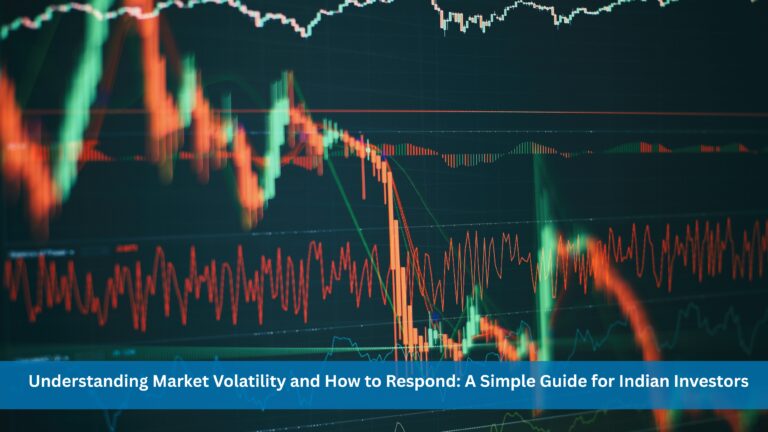Short Selling in Stock Market: Risks and Rewards Explained for Beginners
Short selling is a popular term in the stock market, but for many new investors, it sounds confusing. Is it a risky bet? Can it make you money? Or is it just for professional traders?
This blog from Your Stories is here to simplify short selling for you — what it means, how it works, and what you should watch out for.
What is Short Selling?
In regular investing, you buy shares and hope the price goes up, so you can sell for a profit.
In short selling, it’s the opposite. You sell shares first (by borrowing them), hoping the price goes down, and then you buy them back at a lower price to make a profit.
Example:
- You expect a stock priced at ₹200 to fall.
- You borrow and sell the stock at ₹200.
- Later, if the price falls to ₹150, you buy it back and return it.
- Your profit = ₹200 – ₹150 = ₹50 (excluding charges).
Why Do Traders Use Short Selling?
- To Profit in Falling Markets: If the market or a stock is going down, short selling allows traders to still make money.
- Hedging (Protection): Big investors use short selling to reduce losses if another part of their portfolio goes down.
- Speculation: Some traders use short selling to make quick profits based on news or events.
How Does It Work in India?
In India, short selling is allowed but regulated. Here’s what you need to know:
- You can short sell only intraday in the cash market (i.e., you must buy back the same day).
- For F&O (Futures & Options), you can hold short positions longer.
- Naked short selling (selling without ensuring delivery) is not allowed.
SEBI and the stock exchanges like NSE and BSE closely monitor these trades.
Risks of Short Selling
Short selling can look attractive, but it comes with serious risks:
- Unlimited Losses: In normal investing, the maximum you can lose is the money you invested. But in short selling, if the stock price goes up instead of down, your loss keeps increasing. There is no upper limit.
- Short Squeeze: This happens when many short sellers try to buy back a stock quickly, pushing the price up even more. You’re forced to exit at a loss.
- Margin Requirement: Short selling needs a margin account. If the price goes against you, the broker may ask for more money to cover losses.
- Not for Beginners: Short selling is best suited for experienced traders who follow the market closely.
Should Retail Investors Try Short Selling?
For most new or casual investors, short selling is not recommended. It is complex and highly risky. But learning about it helps you understand how markets work — especially during market crashes or volatile times.
Instead of short selling, new investors can consider:
- Balanced mutual funds
- SIPs (Systematic Investment Plans)
- Investing in strong companies for the long term
These options are safer, easier, and require less market timing.
Final Words
Short selling can be profitable, but it’s not a game for everyone. While it allows you to earn from falling stocks, the risk is high, and you could lose big if things don’t go as planned.
So before you try short selling, understand the rules, risks, and strategies fully.
And remember, smart investing is not just about profits — it’s about managing risk.
For more easy-to-understand guides on finance and investing, visit Your Stories — where India’s new-age investors come to learn, grow, and stay ahead.







